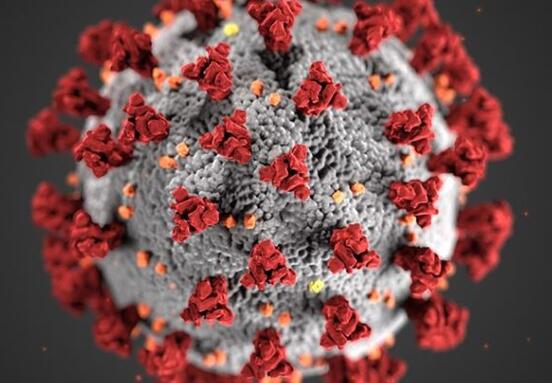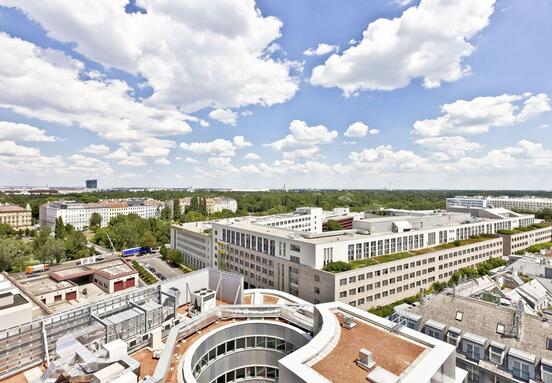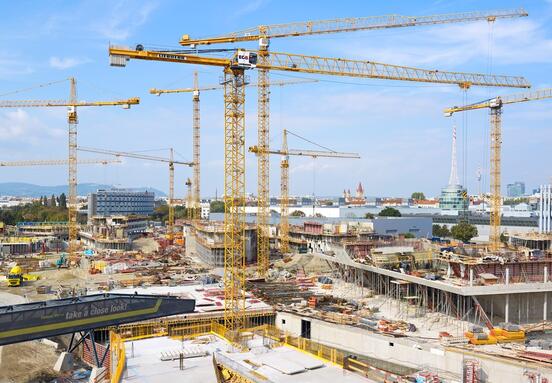Siemens and partners are creating a "smart" city in Vienna, Austria -- a living lab that tests designs and systems for intelligent cities of the future.
"Intelligent traffic solutions, green buildings, water management and smart grid infrastructure are just a few of the technologies helping to steer today's urbanization toward sustainability," says Siemens. All of these technologies will be incorporated in this development.
The partners, which include local power companies and real estate developers, created Aspern Smart City Research to govern the project, slated to begin work in October with a $51 million budget.
It will be built in Aspern, a district in northeast Vienna, one of the largest urban development projects in Europe. The goal is to use resources as efficiently as possible by connecting building systems with intelligent power grids and information and communication technologies that interact.
The district, which covers 595 acres on a former airfield, will have apartments, offices and a business, science, research and training center. Half the area will be reserved for public areas, such as plazas, parks and recreation areas. The dense, walkable community sits on the shores of a lake and has easy connections to public transportation.
Step by step, between now and 2030, the district will evolve into a city with 20,000 residents and 20,000 additional jobs.
"This project represents an opportunity to develop a long-term integrated concept for an energy-optimized city district using appropriate technologies, products and solutions in a real-world infrastructure," Siemens says. "The goal is to make the whole system 'smarter.'"
Decentralized renewable energy with energy storage will supply Aspern's electrical needs. IT solutions will detect faults in the system, recognize inefficient consumption patterns and identify potential opportunities for savings.
Siemens is among the world's top smart grid service providers in an increasingly crowded field. Others in the Top 10 are ABB, IBM, Cisco, Itron, S&C Electric, Schneider Electric, Opower, Silver Spring Networks and Tendril, according to GTM Research.
Siemens is involved in a wide array of sustainable technologies. Although it recently decided to exit the solar business, it's a major player in wind, biofuels, mass transit and water infrastructure.
Its metal division is working with LanzaTech to further its technology, which uses microbes to convert waste gases from any source of carbon monoxide into fuels and chemicals.
And it's even doing a pilot in Los Angeles for an "eHighway," where trucks attached to overhead electric trolley-like wires travel in a separate lane.
Source: sustainablebusiness.com





